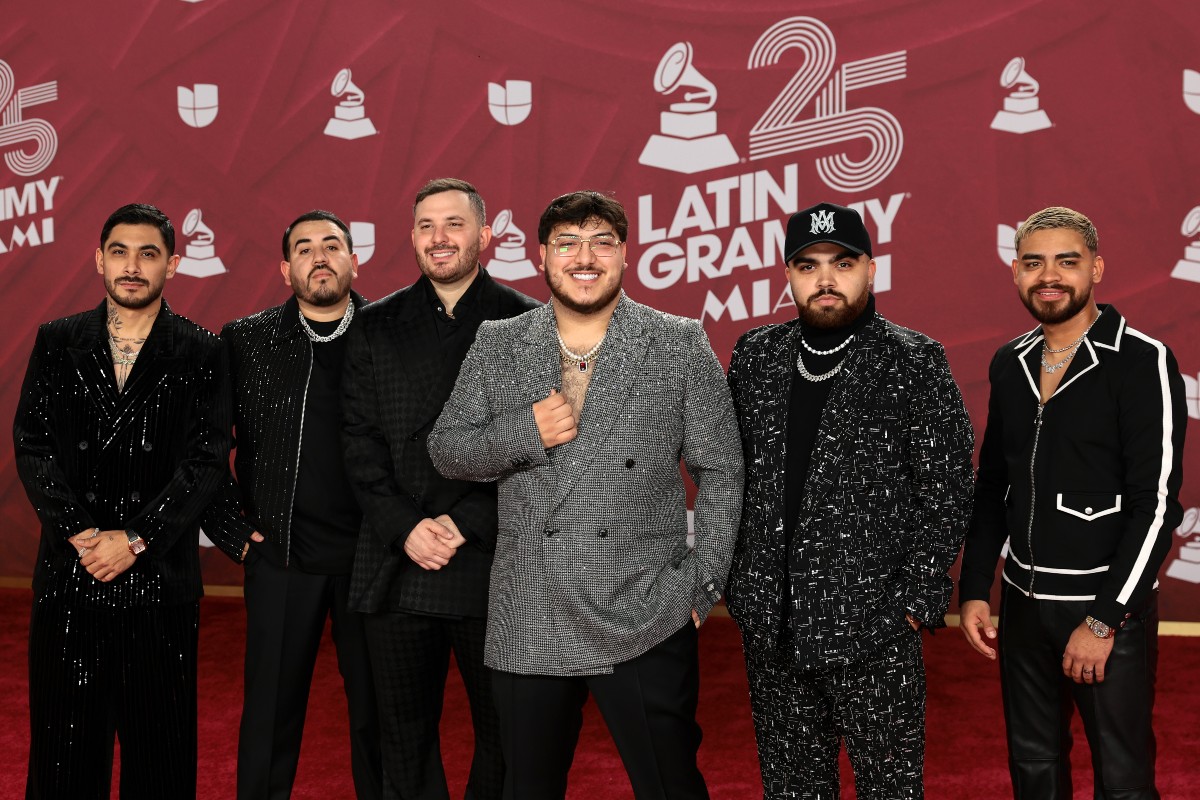Vaccination And Long COVID: Evidence And Implications

Table of Contents
Vaccination Reduces the Risk of Long COVID
Evidence from Observational Studies
Numerous observational studies have demonstrated a correlation between COVID-19 vaccination and a reduced risk of developing Long COVID. These studies, while not able to definitively prove causation, consistently point towards a protective effect. For example, a study published in the Lancet [insert citation here] found a significant reduction in the risk of Long COVID among vaccinated individuals compared to unvaccinated individuals. Another study [insert citation here] showed similar results, highlighting the protective benefits across different age groups.
- Reduced risk observed across various age demographics.
- Lower incidence of Long COVID reported among vaccinated individuals following Omicron infection compared to unvaccinated individuals.
- Studies suggest a dose-dependent effect, with those receiving booster shots showing even greater protection.
Limitations of observational studies must be acknowledged. Confounding factors, such as pre-existing health conditions and differences in exposure levels, can influence the results. Therefore, while these studies provide valuable insights, they cannot definitively prove causality.
Mechanisms of Protection
The protective effect of vaccination against Long COVID is likely multifactorial.
- Reduced Viral Load: Vaccination significantly reduces the viral load following infection, leading to a shorter duration and less severe initial illness. This reduction in viral burden likely minimizes the risk of long-term damage and persistent inflammation.
- Improved Immune Response: Vaccines train the immune system to recognize and neutralize the virus effectively, thereby limiting its ability to cause widespread damage to the body. This robust immune response can help prevent the development of persistent symptoms.
- Mitigation of Inflammation: Excessive inflammation plays a significant role in the pathogenesis of Long COVID. Vaccination helps moderate this inflammatory response, reducing the likelihood of long-term complications.
The mechanisms may vary slightly depending on the vaccine type (mRNA vaccines like Pfizer-BioNTech and Moderna, or viral vector vaccines like AstraZeneca and Johnson & Johnson), but overall, the impact on reducing Long COVID risk seems consistent.
Vaccination and Severity of Long COVID
Evidence on Symptom Severity
While vaccination primarily reduces the risk of Long COVID, emerging evidence suggests it may also influence the severity of symptoms for those who still develop the condition. Studies are still ongoing and data is accumulating, but some research indicates a potential for milder symptoms and shorter duration in vaccinated individuals who experience Long COVID. For instance, [insert citation here] suggests that vaccinated individuals experiencing Long COVID report less intense fatigue and cognitive impairment compared to their unvaccinated counterparts.
- Studies suggest a potential for reduced symptom duration.
- Some evidence points towards less intense symptom severity.
- However, more research is needed to confirm these findings consistently across different populations and Long COVID symptom profiles.
Impact on Specific Long COVID Symptoms
The influence of vaccination on individual Long COVID symptoms requires further investigation. However, preliminary data suggests potential benefits across various symptoms:
- Fatigue: Some studies indicate that vaccination might lessen the severity and duration of fatigue in Long COVID patients.
- Brain Fog: Evidence on the impact of vaccination on cognitive impairment in Long COVID is still limited, but some studies hint at a potential for improved cognitive function.
- Shortness of Breath: Research regarding the effects of vaccination on respiratory symptoms in Long COVID patients is ongoing.
The research landscape concerning the impact of vaccination on specific Long COVID symptoms is still developing; many studies are underway to address these knowledge gaps.
Ongoing Research and Future Directions
Large-Scale Cohort Studies
Large-scale, well-designed cohort studies are crucial to solidify our understanding of the relationship between vaccination and Long COVID. These studies should consider various factors like vaccine type, age, pre-existing conditions, and COVID-19 variant.
Mechanistic Studies
Further investigation into the underlying biological mechanisms responsible for the protective effects of vaccination against Long COVID is essential. This involves delving deeper into the immune response, inflammatory pathways, and the interplay of various factors contributing to Long COVID.
Long-term Follow-up
Long-term follow-up studies are critical to assess the lasting impact of vaccination on Long COVID risk and severity. These studies should monitor vaccinated individuals over extended periods to understand the long-term effects of both the vaccination and the initial infection.
- More research is needed to fully elucidate the long-term consequences of Long COVID, both in vaccinated and unvaccinated individuals.
- Studies are needed to identify potential biomarkers that can predict Long COVID risk and severity.
- Further research should investigate potential therapeutic interventions tailored for Long COVID patients.
Conclusion
Current evidence strongly suggests that COVID-19 vaccination reduces the risk and potentially the severity of Long COVID. While more research is needed to fully understand the nuances of this relationship, the available data underscores the critical importance of vaccination in mitigating the long-term effects of COVID-19 infection. Protect yourself and your community. Learn more about vaccination and Long COVID and schedule your COVID-19 vaccination today. Staying up-to-date on the latest research and consulting with healthcare providers for personalized advice on vaccination is crucial for individual well-being and public health.

Featured Posts
-
 Before Stranger Things Season 5 Check Out This 2011 Movie
May 29, 2025
Before Stranger Things Season 5 Check Out This 2011 Movie
May 29, 2025 -
 Top Music Lawyers 2025 Billboards Predicted Power List
May 29, 2025
Top Music Lawyers 2025 Billboards Predicted Power List
May 29, 2025 -
 The Grupo Frontera Trump Controversy Facts And Fan Reactions
May 29, 2025
The Grupo Frontera Trump Controversy Facts And Fan Reactions
May 29, 2025 -
 Update Man Hurt In Beacon Hill Shooting Suspect Still At Large
May 29, 2025
Update Man Hurt In Beacon Hill Shooting Suspect Still At Large
May 29, 2025 -
 Luca Marini Seriously Injured In Suzuka 8 Hour Test Crash
May 29, 2025
Luca Marini Seriously Injured In Suzuka 8 Hour Test Crash
May 29, 2025
